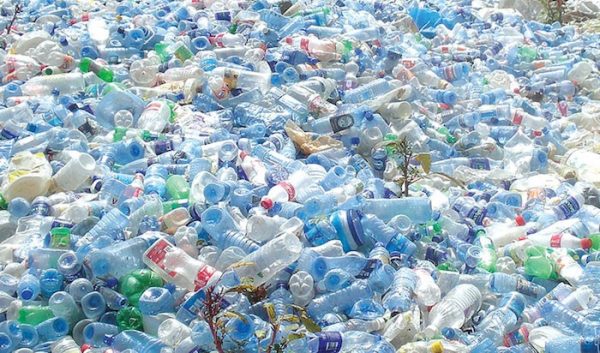The Ogun State Government has unveiled a new strategy focused on innovation, job creation, and industrial sustainability to tackle the challenge of single-use plastics (SUPs).
The State Commissioner for Environment, Dr. Ola Oresanya, disclosed this during an interview on Tuesday in Lagos.
Responding to the recent ban on single-use plastics by Lagos State, Oresanya explained that Ogun’s approach follows a thorough environmental assessment, leveraging technology to drive impactful change.
While commending Lagos State for its policy direction on SUPs, the commissioner stressed that Ogun’s unique socio-economic and industrial context requires a customized approach to waste management and climate action.
“We respect what Lagos has done, especially given their population size and industrial dynamics. However, Ogun State is charting a different course—one that aligns with our goal of decarbonizing industry while stimulating economic inclusion,” Oresanya said.
Ogun, a highly industrialized state, is implementing a climate strategy focused on reducing carbon emissions by using alternative energy sources.
One of the key solutions involves converting waste—particularly highly combustible materials like single-use plastics—into Refuse-Derived Fuel (RDF). RDF serves as an alternative energy source for furnaces and kilns in cement and metal recycling industries.
“Single-use plastics have a high calorific value, making them ideal for industrial furnaces operating at high temperatures. Rather than banning them outright, we aim to create value through incentivized collection, feeding into the RDF supply chain,” Oresanya explained.
To bring this vision to life, Ogun is setting up community waste aggregation centers where both organic and inorganic waste, including single-use plastics, will be processed into RDF.
These facilities are expected to generate low-skill employment opportunities, particularly for vulnerable groups, while also alleviating landfill pressures.
Currently, the state produces about 4,000 tonnes of waste daily—significantly below the estimated 20,000 tonnes needed to fully meet the RDF demand of local industries.
A pilot project is underway to optimize waste-to-fuel conversion, with plans to eventually import waste from neighboring states to satisfy industrial demand.
The initiative is supported by Manufacture Africa, a British company in partnership with McKinsey & Company and other international development organizations, all working to foster a circular economy in Ogun.
“This is a win-win strategy. We reduce pressure on landfills, provide industries with cleaner fuel alternatives, and create jobs for thousands of people,” Oresanya said.
He described the Ogun model as a forward-thinking approach that balances environmental sustainability with economic growth.
Instead of an outright ban on single-use plastics, the state is focused on creating value and opportunity from what is traditionally viewed as waste.


